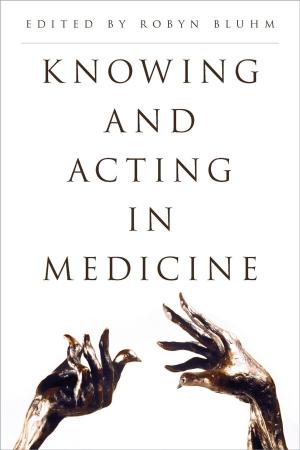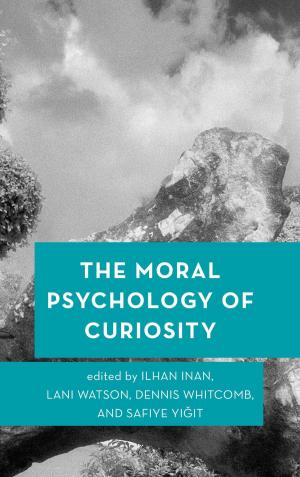Animal Ethics and Philosophy
Questioning the Orthodoxy
Nonfiction, Religion & Spirituality, Philosophy, Ethics & Moral Philosophy, Mind & Body| Author: | ISBN: | 9781783481835 | |
| Publisher: | Rowman & Littlefield International | Publication: | November 24, 2014 |
| Imprint: | Rowman & Littlefield International | Language: | English |
| Author: | |
| ISBN: | 9781783481835 |
| Publisher: | Rowman & Littlefield International |
| Publication: | November 24, 2014 |
| Imprint: | Rowman & Littlefield International |
| Language: | English |
Debate in animal ethics needs reenergizing. To date, philosophers have focused on a relatively limited number of specific themes whilst leaving metaphilosophical issues that require urgent attention largely unexamined.
This timely collection of essays brings together new theory and critical perspectives on key topics in animal ethics, foregrounding questions relating to moral status, moral epistemology and moral psychology. Is an individualistic approach based upon capacities the best way to ground the moral status of non-human animals or should philosophers pursue relational perspectives? What does it mean to “know” animals and “speak” for them? What is the role of emotions such as disgust, empathy, and love, in animal ethics and how does emotion inform the rationalism inherent in analytic animal ethics theory?
The collection aims to broaden the scope of animal ethics, rendering it more inclusive of important contemporary philosophical themes and pushing the discipline in new directions.
Debate in animal ethics needs reenergizing. To date, philosophers have focused on a relatively limited number of specific themes whilst leaving metaphilosophical issues that require urgent attention largely unexamined.
This timely collection of essays brings together new theory and critical perspectives on key topics in animal ethics, foregrounding questions relating to moral status, moral epistemology and moral psychology. Is an individualistic approach based upon capacities the best way to ground the moral status of non-human animals or should philosophers pursue relational perspectives? What does it mean to “know” animals and “speak” for them? What is the role of emotions such as disgust, empathy, and love, in animal ethics and how does emotion inform the rationalism inherent in analytic animal ethics theory?
The collection aims to broaden the scope of animal ethics, rendering it more inclusive of important contemporary philosophical themes and pushing the discipline in new directions.















